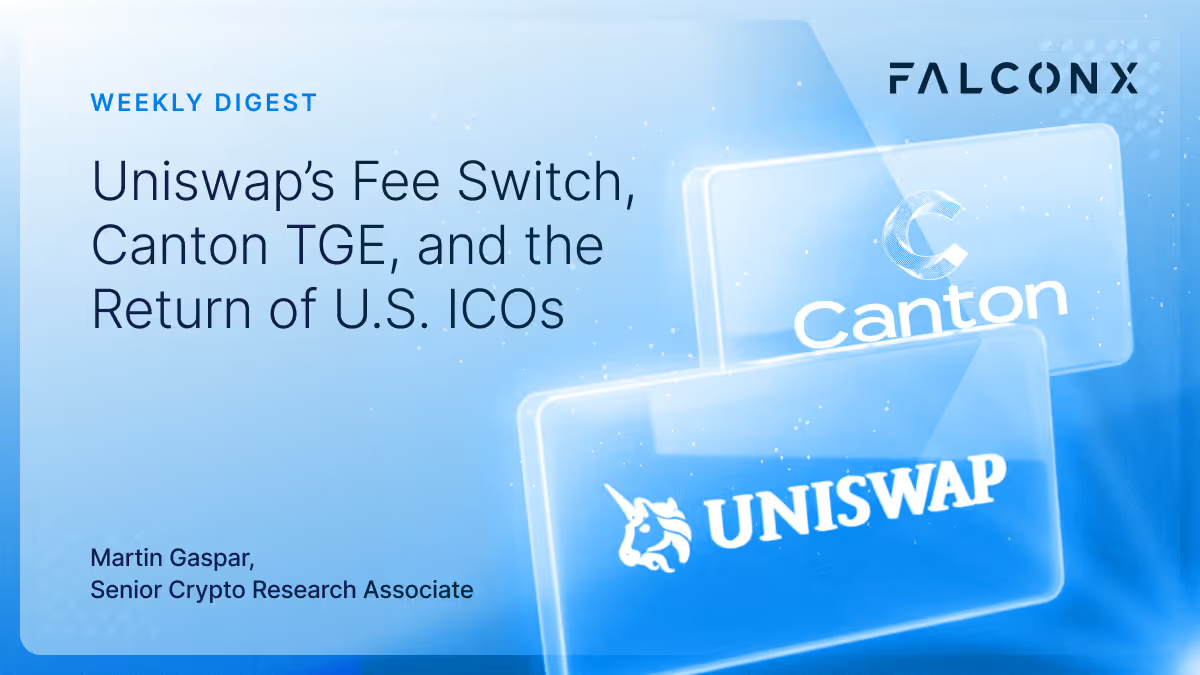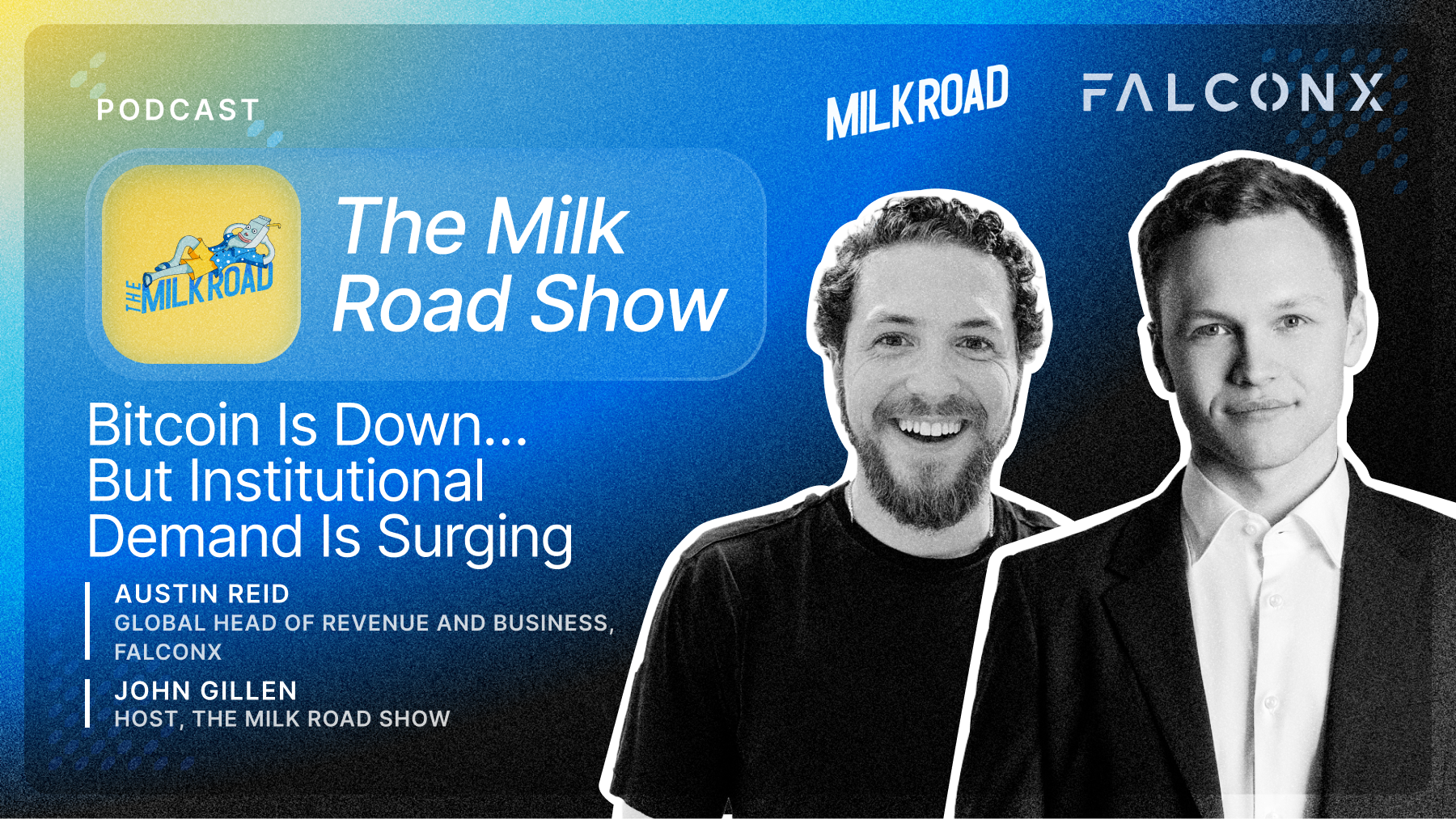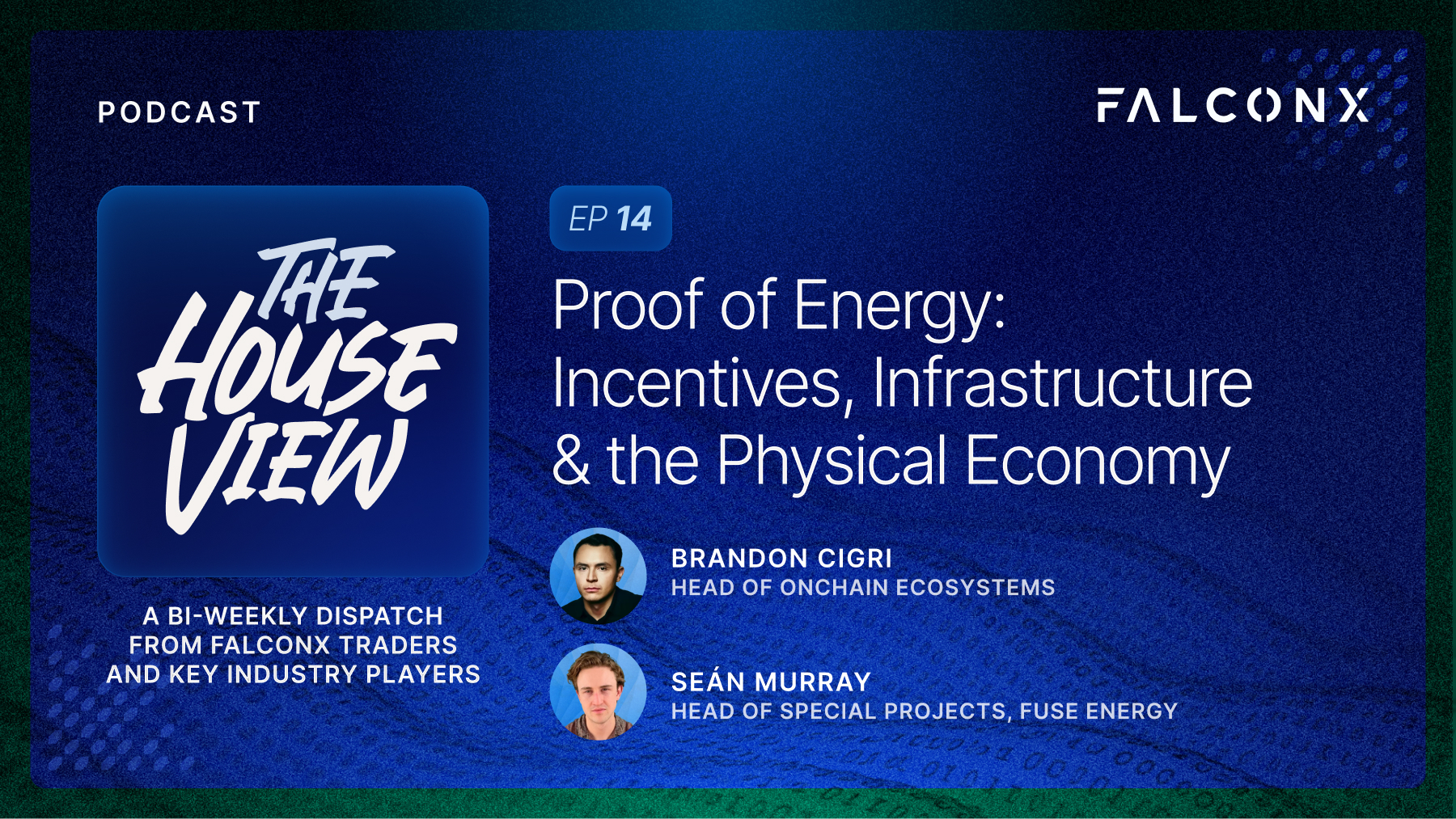Uniswap’s Fee Switch, Canton TGE, and the Return of U.S. ICOs

Uniswap’s Latest Fee Switch Proposal
On Monday, Uniswap’s founder Hayden Adams and the Uniswap Foundation posted a joint proposal for a protocol-level fee switch. This is a significant event considering Uniswap is one of the oldest DeFi protocols and the 2nd largest DeFi project by market cap ($5.3B). After years of Uniswap holding out, its proposed fee switch marks a pivotal moment for DeFi and reinforces the push for projects to share value with token holders.
Key components of the proposal include:
- A protocol-level fee on pools
- Unichain sequencer fees
- MEV capture mechanism called Protocol Fee Discount Auctions
- Aggregator hooks with fees
Protocol fees on pools range from 1/4 to 1/6 of LP fees depending on the pool fee tiers. This means the protocol fee is not incremental, it takes from LP margins. These fees will go towards effectively a buy and burn of the UNI token. To approximate the potential impact of the pool fees, core to Uniswap’s business, we can consider Uniswap’s $19.5M fees generated last week, per TokenTerminal. Applying the upper bound of 25% of LP fees going to the protocol results in ~$250M of annual revenue for token holders, and translates to a revenue multiple of 21X. While a marked improvement from no revenue prior to the fee switch, this compares to other DEX peers such as HYPE trading at a 11X multiple, AERO (4X), and RAY (16X). This likely represents the best case scenario, as actual fee generation could shift meaningfully if volumes change due to protocol fees making some trading strategies uneconomical. It could also take time for the protocol to ramp up fees across pools as the proposal calls for a gradual fee implementation. Other analysis suggests actual protocol fee generation could be far lower.
The proposal acknowledges that Uniswap’s competitiveness could decline if LPs stand to earn less and aims to at least partially offset any shortfall in fees by reducing LP losses due to arbitrage via its MEV-auctioning mechanism.
Notably, the proposal calls for essentially combining the Foundation with Labs and moving towards shared responsibilities. To demonstrate alignment to protocol development, Labs will reduce its fees on its frontend, wallet, and API to zero.
At the same time, the proposal calls for an annual growth budget of 20M UNI ($140M at the time the proposal was posted), which compares to the Foundation’s February 2025 request for $120M to fund grants and operations for the next 2 years. While UNI token holders may be excited about the prospect of the fee switch, they should remain vigilant around expenditures that they fund at the end of the day.
Finally, we note that the proposal will likely take some time to go through governance, but could move swiftly with key leadership buy-in. Assuming the typical process below, an on-chain vote could arrive in as early as 3-4 weeks. Some of the fee switch contracts would still require another round of audits, which may further delay implementation.
- Request for Comment (RFC): 7+ days
- Temperature Check/Snapshot Vote: 5+ days
- On-Chain Vote: 2-day voting delay, 7-day voting period, 2-day delay before execution
Recent proposals with broader community support included the ‘Uniswap Unleashed’ proposals posted in February 2025. From initial posting to completion, these proposals took approximately 5 weeks.
UNI jumped over 40% immediately following the fee switch proposal, before giving half the move back, possibly as investors digest the second-order effects. The fee switch will eat into LP profits and may make Uniswap less attractive for LPing than on peer DEXes such as Aerodrome, and a liquidity shift could have profound implications on volumes.
Canton’s CC Token Goes Live
Institutional-oriented Canton Network saw its CC token begin trading on November 10, coming out at around a $5.0 billion market cap and currently trading at $4.3B, making it one of the stronger launches this year. Hyperliquid’s pre-launch market was nearly right on the money, with its closing price the day before launch just 10% off from CC’s price in its first hour of trading.
Considering its image as a larger, buttoned up crypto project (‘Wall Street blockchain’), it may be surprising there was not more fanfare around the TGE. For instance, the scale and slate of partners participating in the network is impressive. Per a LightShift report, the network includes more than 400 organizations including 10 top banks, with 600+ validators processing over $6 trillion dollars a month. Moreover, according to data from the Tie, DAUs have grown exponentially since October 2025, while transaction growth has surged throughout the year. Daily fees of approximately $1M would put Canton ahead of leading L1s including SOL, ETH, and BNB, if sustainable.
Also of note is that a DAT is in the works for CC, which is rare for a newly launched token. Tharimmune, Inc. (NASDAQ: THAR) announced last week it raised $545 million that will go towards acquiring CC. It will be interesting to see how the DAT supports CC’s traction in the coming months.
Looking at L1 comps, on a DAU basis, CC sits between XLM and AVAX, projects with greater market caps ($10B and $8B, respectively), but only has 30-40% of their daily transactions. HBAR may be a more appropriate peer ($8B MC) given its enterprise and RWA focus.
What may be of interest to investors is that CC has a halving on Jan 1, 2026. Given recent surges in tokens with halvings (ZEC and TAO), this is worth monitoring. Moreover, Canton could benefit from recent interest in privacy tokens given it advertises itself as the first privacy-enabled open blockchain network.
The Return of U.S. ICOs
Coinbase announced a token sale platform that will be open to U.S. retail users, a major development for the industry, where ICOs had largely been restricted to accredited investors after the 2017 cycle due to regulatory concerns.
This signals Coinbase is comfortable enough with the current regulatory environment to offer this and suggests the potential near-term passing of the market structure bill will further support such an offering.
Why is this important? ICOs arguably drove alt season in the 2017-2018 cycle as smaller investors were able to participate in token sales of early stage projects and roll profits into other coins. Since then, token sales were largely restricted to offshore or accredited investors, limiting demand and pushing projects to raise private rounds with VCs.
This has led to the current phenomenon where retail users can now only participate in new projects at sky-high launch valuations, versus at much cheaper valuations typically available in token sales. This may have had a negative impact on the space, as many new launches have traded down, meaning those investors lose money and are less likely to participate in alts/crypto again. Giving more investors access to exciting projects at more modest valuations stands to be a win-win for all.
This material is for informational purposes only and is only intended for sophisticated or institutional investors. Neither FalconX Limited, FalconX Bravo, Inc., FalconX Delta, Inc., FalconX Foxtrot Pte Ltd., FalconX Golf Pte Ltd., Solios, Inc., Falcon Labs, Ltd., KestrelX, Ltd., nor Banzai Pipeline Limited (separately and collectively “FalconX”) service retail counterparties, and the information on this website is NOT intended for retail investors. The material published on this website is not (i) an offer, or solicitation of an offer, to invest in, or to buy or sell, any interests or shares, or to participate in any investment or trading strategy, (ii) intended to provide accounting, legal, or tax advice, or investment recommendations, or (iii) an official statement of FalconX or any of its affiliates. Any information contained in this website is not and should not be regarded as investment research, debt research, or derivatives research for the purposes of the rules of the CFTC or any other relevant regulatory body.
Prior to entering into any proposed transaction, recipients should determine, in consultation with their own investment, legal, tax, regulatory, and accounting advisors, the economic risks and merits, as well as the legal, tax, regulatory and accounting characteristics and consequences of the transaction. Pursuant to the Dodd-Frank Act, over-the-counter derivatives are only permitted to be traded by "eligible contract participants" (“ECP”s) as defined under Section 1a(18) of the CEA (7 U.S.C. § 1a(18)). Do not consider derivatives or structured products unless you are an ECP and fully understand and are willing to assume the risks.
Solios, Inc. and FalconX Delta, Inc. are registered as federal money services businesses with FinCEN. FalconX Bravo, Inc. is registered with the U.S. Commodities Futures Trading Commission (CFTC) as a swap dealer and a member of the National Futures Association. FalconX Limited, FalconX Bravo, Inc., FalconX Delta, Inc., Falcon Labs Ltd., and Solios, Inc. are not registered with the Securities & Exchange Commission or the Financial Industry Regulatory Authority. FalconX Golf Pte. Ltd. is not required to be registered or licensed by the Monetary Authority of Singapore (MAS). MAS has granted FalconX Foxtrot Pte. Ltd. a temporary exemption from holding a license under the PSA for the payment services caught under the expanded scope of regulated activities for a specified period. FalconX Limited is a registered Class 3 VFA service provider with the Malta Financial Services Authority under the Virtual Financial Assets Act of 2018. FalconX Limited is licensed to provide the following services to Experienced Investors, Execution of orders on behalf of other persons, Custodian or Nominee Services, and Dealing on own account. FalconX’s complaint policy can be accessed by sending a request to complaints@falconx.io
"FalconX" is a marketing name for FalconX Limited and its affiliates. Availability of products and services is subject to jurisdictional limitations and capabilities of each FalconX entity. For information about which legal entities offer trading products and services, or if you are considering entering into a derivatives transaction, please reach out to your Sales or Trading representative.


.png)
